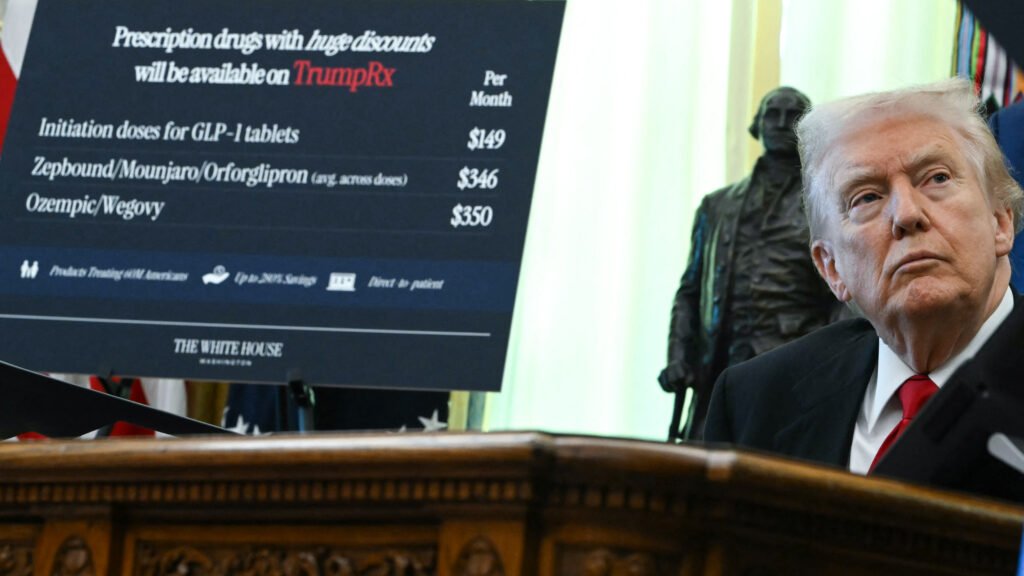The Trump administration recently announced a groundbreaking deal aimed at expanding access to and reducing the cost of weight loss drugs. This deal involves agreements with pharmaceutical giants Eli Lilly and Novo Nordisk to make their GLP-1 weight-loss drugs more affordable and accessible to a wider population of Americans. The administration claims that this move will not only benefit patients but also save the government money in the long run.
However, the specifics of this deal, including the underlying policy framework, economic implications, and potential public health outcomes, raise a myriad of questions among industry leaders, public health experts, and patients alike. The success of this initiative hinges on various factors, and its true impact remains to be seen.
One of the key aspects to consider is how the policy changes will affect the pricing and availability of these weight loss drugs. Will the discounts offered by Eli Lilly and Novo Nordisk be significant enough to make these medications truly affordable for those in need? Additionally, how will the government ensure that these savings are passed on to consumers and not offset by other cost increases in the healthcare system?
Moreover, the long-term public health implications of this deal are worth exploring. Will increased access to these weight loss drugs lead to better health outcomes for individuals struggling with obesity? And what role will healthcare providers play in promoting the use of these medications as part of a comprehensive weight loss strategy?
From an economic standpoint, it is essential to assess the overall impact of this deal on the pharmaceutical industry, as well as on government spending and healthcare costs. Will these agreements set a precedent for future negotiations between drug manufacturers and the government, potentially shaping the way prescription drugs are priced and regulated in the future?
As these questions linger, it is clear that the Trump administration’s efforts to lower the cost of weight loss drugs have sparked a much-needed conversation about access to affordable healthcare and the intersection of public policy and pharmaceutical industry practices. Only time will tell whether this deal will deliver on its promises and make a meaningful difference in the lives of those struggling with obesity.


